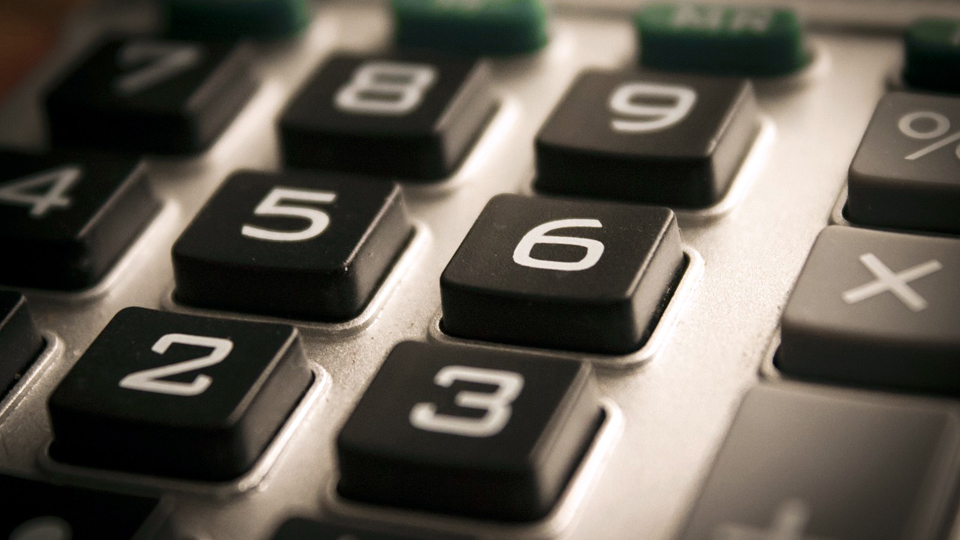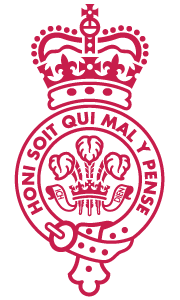Whether you are planning to study as an undergraduate or postgraduate student at the Royal College of Music, you should consider how you will finance your studies.
Studying at a world-class conservatoire can be expensive. Our most talented students have all their fees covered by scholarships and almost half of RCM students receive some financial support from us. Additional sources of funding are available too.









